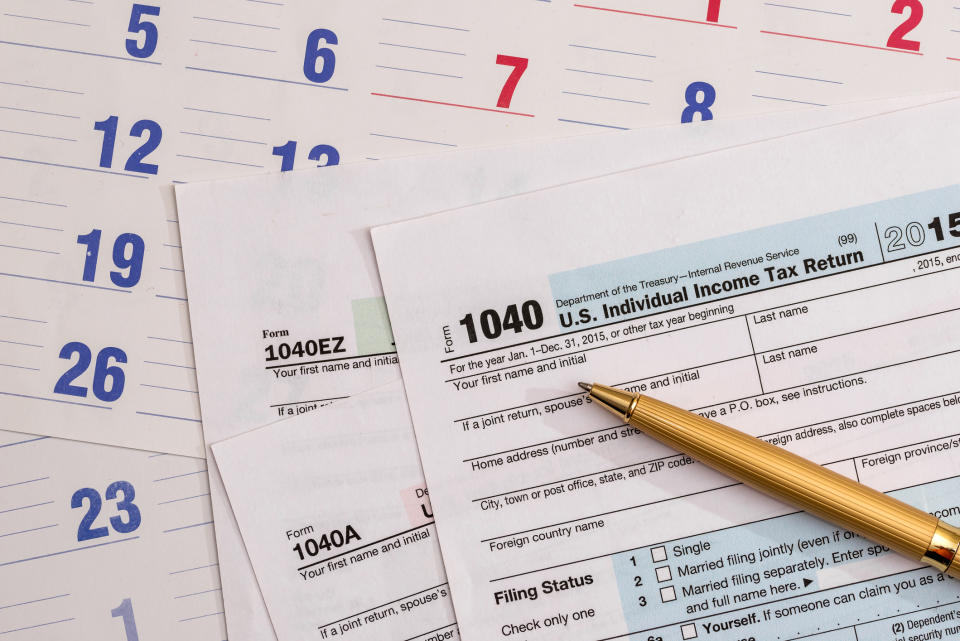How to prepare for the looming tax-extension deadline

Back in April, the Internal Revenue Service (IRS), processed more than 145 million tax returns. While the majority of Americans filed on-time in the spring, there were 11.6 million taxpayers who filed for an extension (up 0.09% from last year). For those taxpayers, the deadline to file is just around the corner.
Americans who asked for an extension will need to file their tax returns by Oct. 16. The extension gave taxpayers six additional months to file but it didn’t prevent them from paying taxes owed to the federal government. In order to avoid penalties and fees, most individuals who filed an extension still have to pay their income tax due by April 18, 2018. The extension purely gave them six extra months to gather necessary documents to file a complete and accurate return.
If you filed for an extension, here are two things you need to know:
You can e-file until Oct. 16
After gathering all the necessary documents, taxpayers can still use Free File to prepare and e-file their return at no cost.
E-filing is accepted until Oct.16. Rejected returns can be resubmitted until Oct. 21. After that, e-filing shuts down so that the IRS can start to prepare for next year’s tax season. This means that any procrastinators will have to file a paper return.
If you miss the extended deadline…
You will have to file a paper return. If you’re owed a refund, this simply means that it will take longer to get your money. After a return is mailed, it can take eight to 12 weeks to receive your refund. If you e-file, a refund will be mailed or direct deposited into your bank account within seven to 21 days.
In the event that you owe taxes, filing late could result in penalties and fees. If you file your return more than 60 days after the extended due date, the penalty is 100% of taxes owed or $135, if taxes owed is less than that amount.
Hurricane victims will get some relief
Hurricane season has been especially horrendous this year with Hurricane Harvey devastating Houston and Hurricane Irma hitting Florida with a powerful punch. Because of rebuilding efforts in both states, local residents were given more time to file their tax returns.
Last week, the IRS announced that victims of both hurricanes who asked for an extension will have until Jan. 31, 2018 to file their returns. This relief applies to individuals as well as businesses with extensions that expired on Sept. 15.
That said, tax payments which were due on April 18, are not eligible for relief.
Those eligible for an extension on filing must live in an area designated by the Federal Emergency Management Agency (FEMA). Taxpayers who live outside the disaster area need to contact the IRS at 866-5227 to see if they qualify.
Brittany is a reporter at Yahoo Finance.
The best schools in the US and how much tuition costs
Why you should think twice before opening a store credit card

